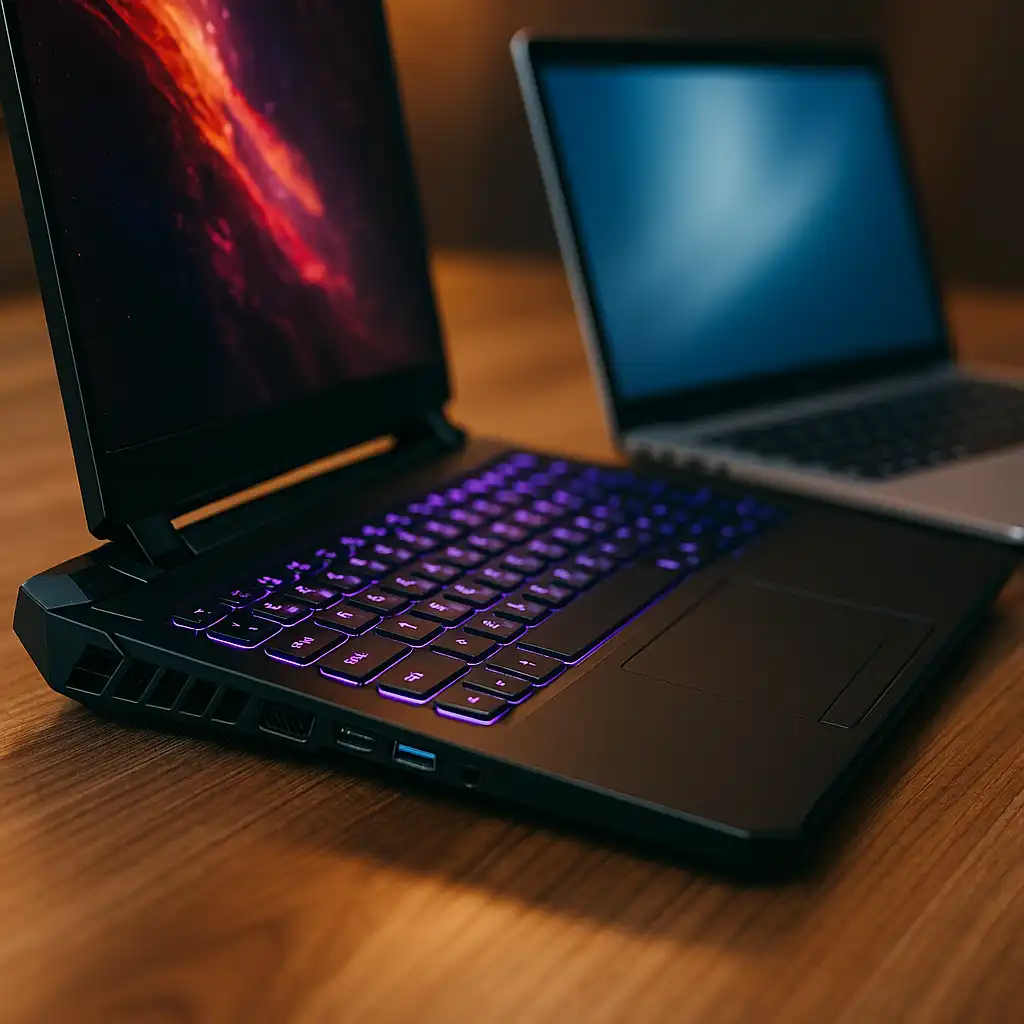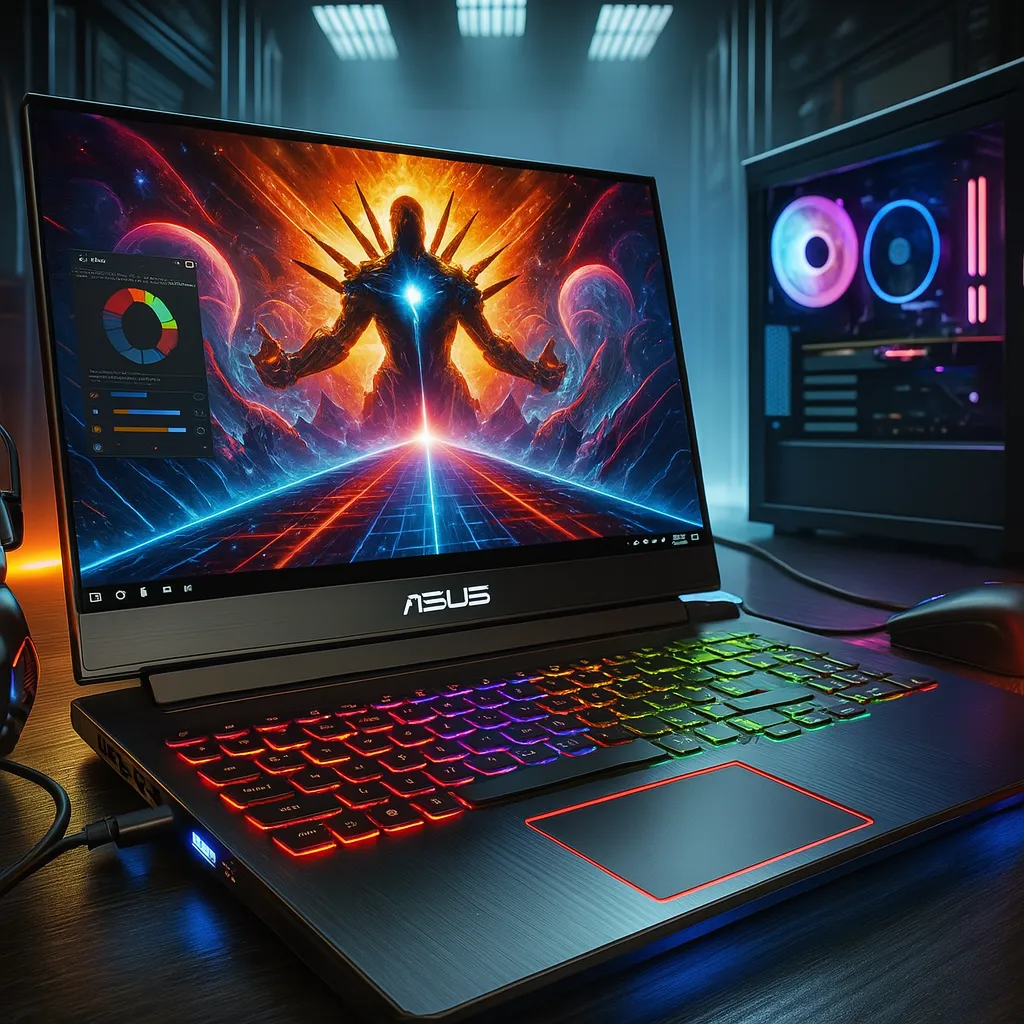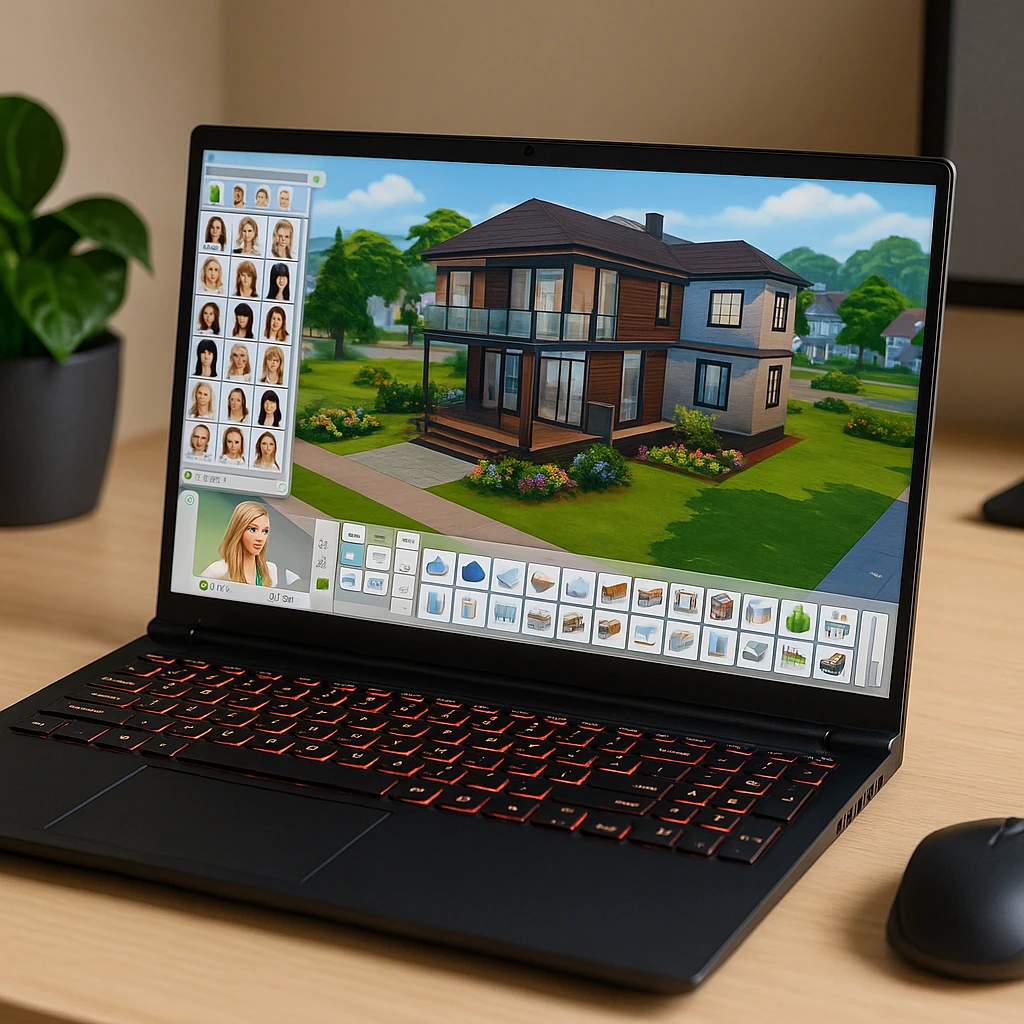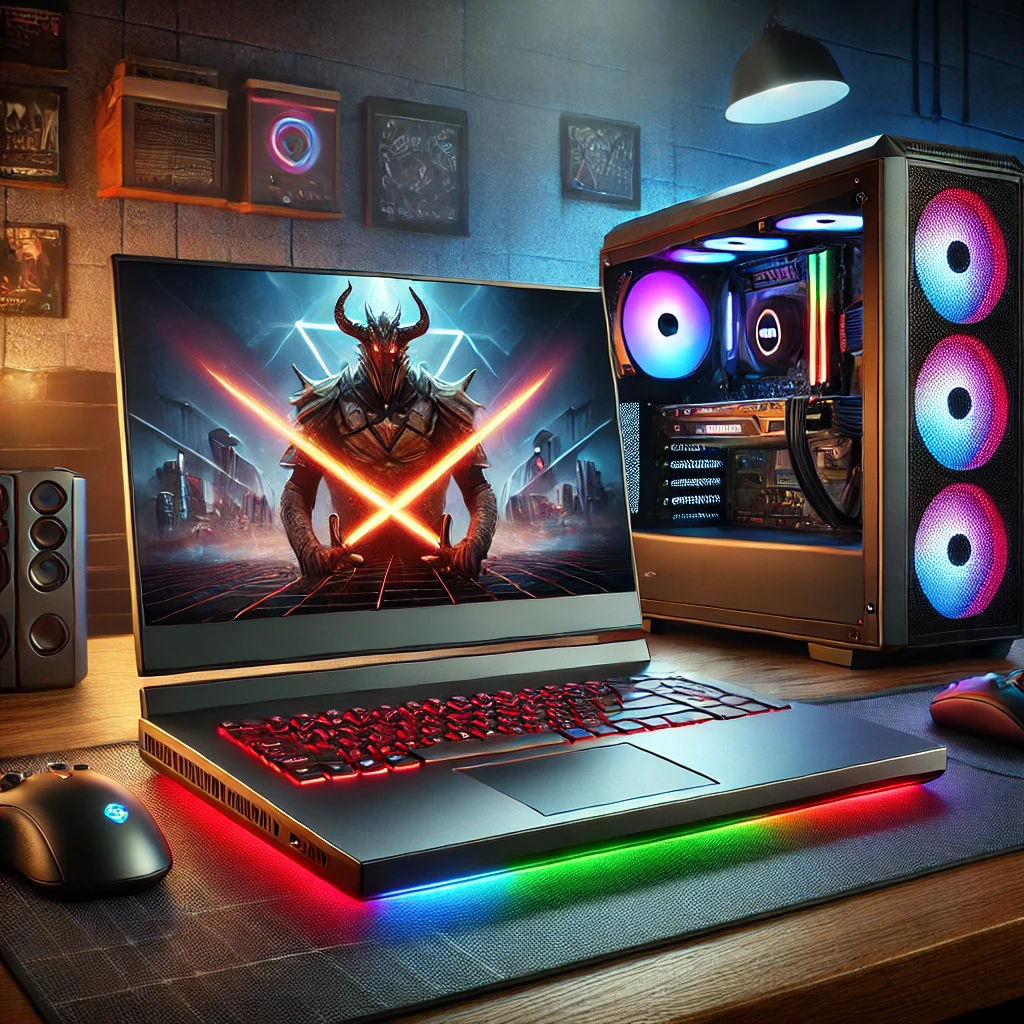Do Gaming Laptops Last Longer Than Normal Laptops – Durability, Heat, and Long-Term Use
Disclosure: This post contains affiliate links. LaptopVoyager.com participates in the Amazon Associates Program and may earn commissions on qualifying purchases, at no extra cost to you.
Last Updated: February 2026
Gaming laptops are built with stronger hardware and more aggressive cooling systems, which often leads buyers to assume they’ll last longer than regular laptops. The reality depends on how the laptop is used and how well its components are managed over time.
This guide explains how lifespan differs between gaming laptops and normal laptops, focusing on build quality, thermal stress, and workload intensity.
👉 For performance-focused models and cooling designs, see our guide to best gaming laptops.
🔍 Hardware Strength and Component Durability
Gaming laptops use higher-wattage CPUs and dedicated GPUs designed for sustained performance. These components are built to handle heavier workloads compared to integrated graphics systems.
However, stronger hardware does not automatically mean longer lifespan. Longevity depends on heat management, maintenance, and workload patterns rather than raw performance alone.
🔍 Heat and Thermal Stress Over Time
Heat is one of the biggest factors affecting laptop lifespan. Gaming laptops generate more heat due to powerful components running at higher power limits.
They also include larger cooling systems to manage this heat. When cooling works effectively, performance can remain stable, but excessive heat over long periods may still affect internal components.
Regular laptops produce less heat because they operate at lower power levels. Reduced thermal stress can contribute to longer-term stability in lighter-use scenarios.
🔍 Build Quality and Chassis Design
Many gaming laptops feature reinforced chassis and sturdier hinges compared to entry-level consumer laptops. This can improve physical durability during transport and daily use.
That said, build quality varies by model and price tier. Premium regular laptops may be just as durable as midrange gaming laptops.
🔍 Battery Wear and Power Usage
Gaming laptops typically rely on plugged-in performance. High-performance hardware drains battery cycles faster during heavy workloads, which can accelerate battery wear.
Regular laptops prioritize efficiency and longer unplugged sessions. Lower power consumption often results in slower battery degradation under everyday use.
🔍 Usage Patterns Matter Most
A gaming laptop used lightly for productivity may last many years. Conversely, a regular laptop subjected to heavy gaming beyond its design limits may experience performance slowdowns sooner.
Lifespan depends more on workload intensity, ventilation, and maintenance than on whether the laptop is labeled “gaming.”
📌 Key Takeaways
- Gaming laptops are built for heavier workloads but generate more heat
- Cooling design plays a major role in long-term durability
- Regular laptops experience less thermal stress in everyday use
- Lifespan depends more on usage habits than laptop category
🟢 FAQs
Q: Do gaming laptops wear out faster because of heat?
They generate more heat, but proper cooling and ventilation help manage long-term impact.
Q: Do regular laptops last longer than gaming laptops?
They may last longer under light workloads due to lower thermal stress.
Q: Does gaming reduce laptop lifespan?
Heavy sustained workloads can increase wear over time, especially if cooling is inadequate.
✅ Conclusion
Gaming laptops do not automatically last longer than normal laptops. While they use stronger hardware and improved cooling systems, they also operate under higher thermal loads.
Ultimately, lifespan depends on how the laptop is used, how well it is cooled, and whether its hardware matches the intended workload.







